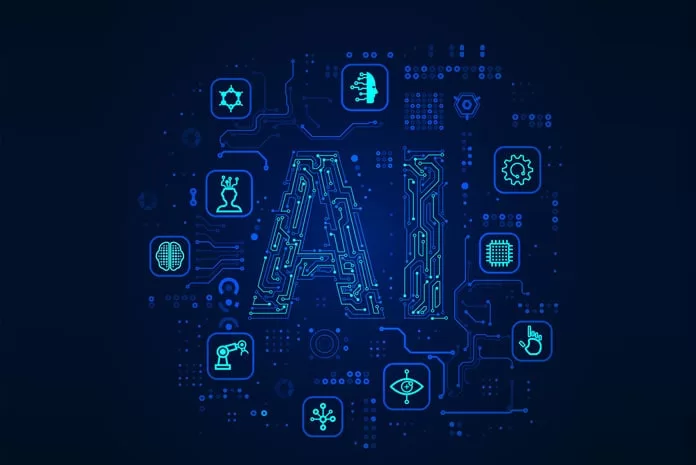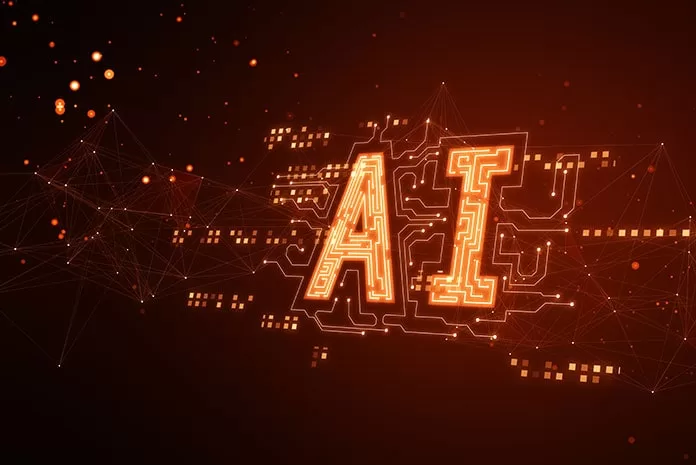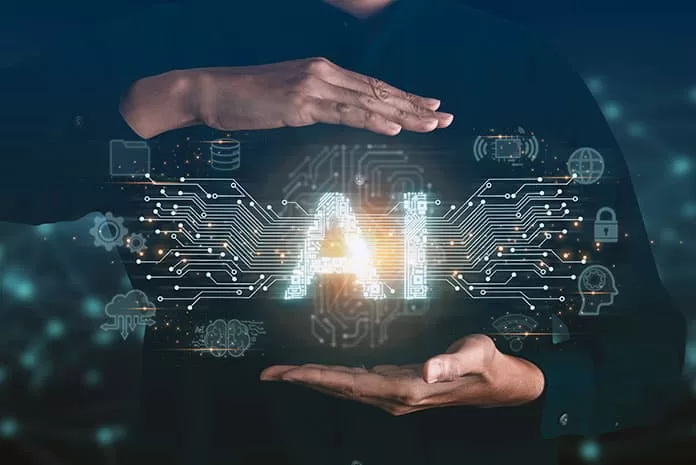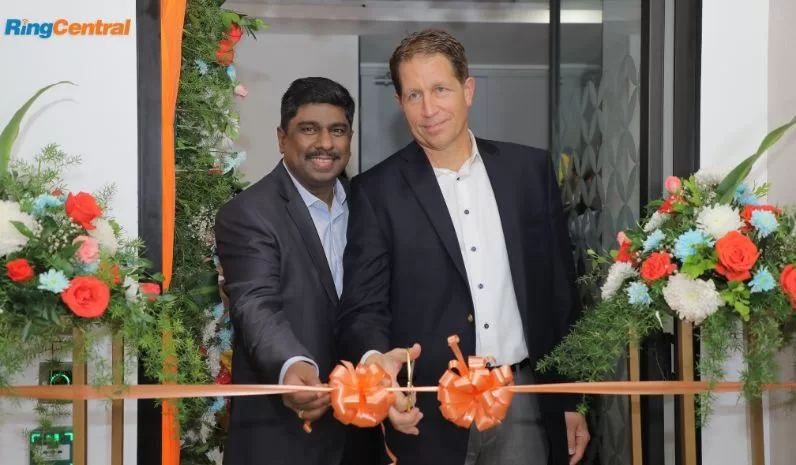Dell Technologies held the Predictions 2025 Media Briefing in Asia Pacific & Japan (APJ). The virtual briefing, hosted by Dell Technologies’ John Roese, Global Chief Technology Officer and Chief AI Officer, and Peter Marrs, President, Asia Pacific, Japan and Greater China, highlighted emerging trends poised to reshape the technology industry in 2025 and beyond. The discussion, driven by Roese’s vision for the future of technology, focused on how Dell Technologies is partnering with customers to navigate these trends and capitalise on the innovation opportunities in the region.
“No matter which technology you explore today, there is a connective tissue into the AI ecosystem,” said Roese. “Every technology is now either enabling AI or is enabled by AI. We are evolving from static and reactive AI to a more dynamic, autonomous, interactive and profound set of tools that will allow us to go beyond what we have been able to do so far.”
The Rise of Agentic AI Architecture
Roese predicted that Agentic AI signifies a paradigm shift in human-AI interaction. “The word of 2025 will be Agentic. It is a defining advancement in AI technology and will be a catalyst for significant progress in how we approach AI architecturally”.
The maturation of generative AI is giving rise to sophisticated AI agents capable of autonomous operation, natural language communication, and seamless collaboration with both humans and AI agents. These specialised agents will possess a diverse range of skills, transforming industries and revolutionising workflows. Marrs echoed this sentiment, stating, “APJ is experiencing rapid advancements in AI readiness and deployment, fuelled by substantial investments projected to reach $110 billion by 2028[1].” He added, “This growth is evident in the burgeoning AI-ready data center market across the APJ region.” The increasing complexity of these agent systems, as envisioned by Roese, will necessitate the rapid evolution of technology stacks to support their diverse architectures.
Strategies for scaling enterprise AI success
Building on Roese’s framework, the briefing addressed the crucial need for enterprises to scale AI effectively. Organisations are increasingly prioritising tangible return-on-investment and business value from their AI initiatives, often establishing dedicated AI committees led by Chief AI Officers or CIOs. This pragmatic approach is reflected in the rising success rates of GenAI pilot projects.
“In our view, 2025 will be the year when we see enterprise AI truly scale and get into full production,” said Roese.
Marrs noted that “AI maturity varies significantly across APJ, with some organisations focused on scaling existing deployments while others are still addressing fundamental infrastructure, talent, and service needs.” He pointed to the financial services sector, where organisations are increasingly leveraging AI for fraud detection and deploying digital humans for customer service, as an example of more mature AI adoption. Conversely, some healthcare providers are still focused on building the foundational infrastructure and data management capabilities needed to support AI-driven diagnostic tools and streamlined patient care. The Dell AI Factory is playing a key role in enabling this transformation.
Successfully scaling AI, as Roese emphasised, requires businesses to prioritise their most impactful processes and build a reusable, scalable AI foundation. Marrs showcased successful AI deployments in APJ, adding, “Organisations are leveraging AI to enhance cybersecurity, optimise cloud services, personalise learning, and transform film production,” validating Roese’s vision for enterprise AI adoption.
In APJ, Marrs observed increasing regulatory diversity and privacy concerns are driving enterprises toward privatised and on-premise AI adoption.
Embracing Sovereign AI for localised innovation
A key trend highlighted by Roese was the rise of Sovereign AI efforts by countries to create localised AI ecosystems aligned with their culture, language, and data security needs. He explained that this concept focuses on a nation’s ability to generate AI value and differentiation using its own infrastructure and data, fostering ecosystems that reflect local intellectual property and priorities.
He noted diverse approaches to Sovereign AI. Some are building national AI resources that serve both government and private sectors by providing access to compute power and data capacity. Others are pursuing collaborative strategies where governments, rather than creating infrastructure, encourage private industries to modernise and lead AI ecosystems through proactive co-design.
Convergence of AI technologies
The convergence of AI with other emerging technologies was a key theme of Roese’s presentation. “AI’s true potential lies in its connections with other emerging technologies,” Roese stated, highlighting the synergistic potential of combining AI with advancements in areas like quantum computing, intelligent edge, Zero Trust security, 6G technologies, and digital twins. The combined power of quantum computing and AI will be a game-changer for numerous industries. It will provide the necessary computing power to apply AI to complex fields like material science, drug discovery, and optimisation problems, areas where traditional computing methods face limitations.
Roese also pointed out AI’s broad impact across industries, from revolutionising telecommunications network operations to transforming the PC into an integral part of the AI infrastructure. The proliferation of AI-optimised PCs, such as Dell’s own offerings, and the increasing adoption of on-premises AI solutions continues to demonstrate AI’s pervasive integration into the broader tech ecosystem.
The AI evolution reshaping the workforce
Roese’s vision for the future of work emphasises the transformative impact of AI on the job market, requiring organisations to invest in developing their workforce’s AI fluency. As AI agents handle more routine tasks, human roles will evolve to focus on higher-level strategic thinking, creative problem-solving, and complex decision-making.
“AI is creating these new high-level jobs and is a catalyst for dramatic investment into infrastructure with an enormous positive impact on job creation,” Roese noted. “We know that there are going to be basic jobs that AI can do easily and repeatedly. However, the exciting part is that there are new jobs being created everywhere – software composers, AI interpreters and thermal plumbers to name a few.”
Marrs acknowledges that the talent and resource gaps in APJ highlights the urgent need for AI skills development in the region. The future of AI, hinges on collaboration – between humans and AI, and between organisations and their technology partners. Dell Technologies is committed to helping APJ businesses harness the power of AI and drive a future powered by intelligent collaboration.
“Looking ahead,” Marrs concluded, “strong human-to-AI and human-to-human collaboration will be key to driving a shared digital future.”

















